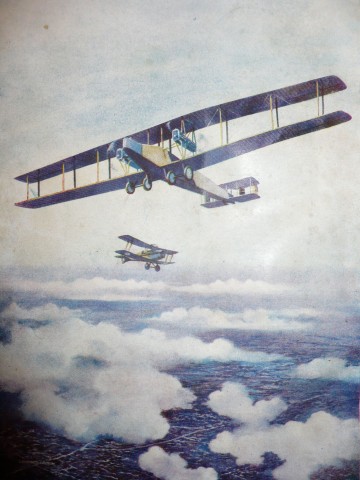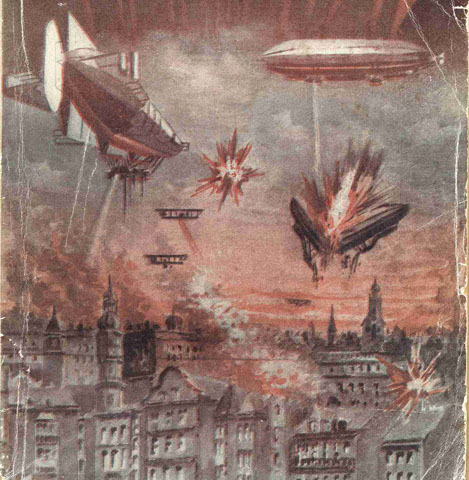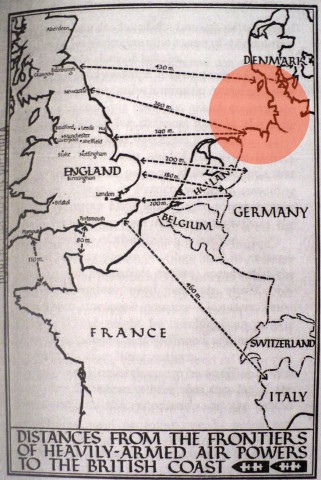The Russians are coming!
On the night of 16 February 1873, the Russian ironclad Kaskowiski slipped into Waitemata Harbour, off Auckland, the largest city in the British colony of New Zealand. She found a British warship at anchor, and sent a ‘submarine pinnace’ to disable its crew by means of a ‘mephitic water-gas’ so that their ship could be […]




